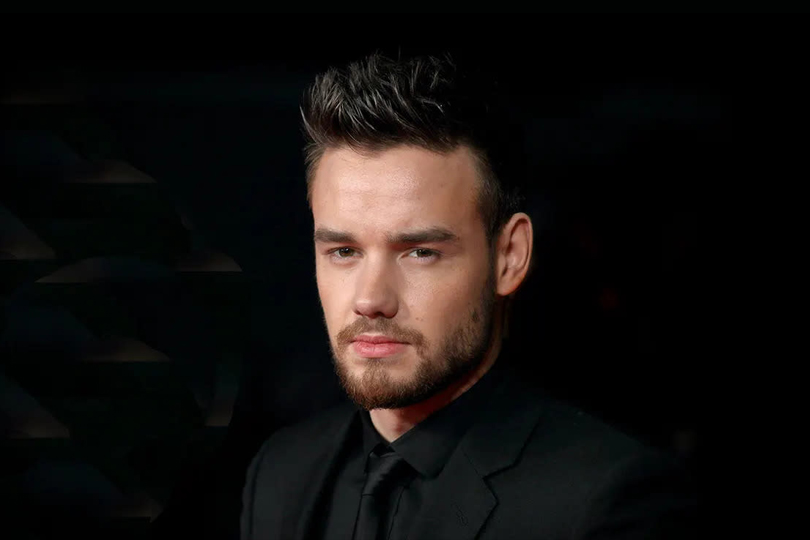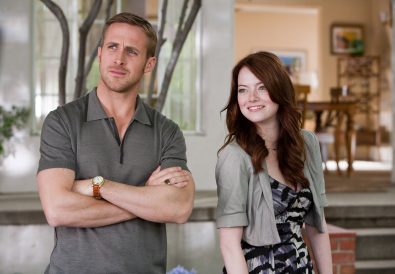British musician Liam Payne died on Wednesday, October 16, 2024 as a “result of the fall he suffered from the balcony of the third floor room of the hotel in the Buenos Aires neighbourhood of Palermo where he was staying,” according to the National Criminal and Correctional Prosecutor’s Office No. 16. He was 31 years old.
By Anne T. Donahue
Last week, former One Direction member Liam Payne died after falling off a balcony at his hotel in Argentina. Within hours, TMZ had posted photos of his dead body. Within a day, photos of his hotel room and a phone call to police were circulating around social media. Over the weekend, even more (explicit) photos began making their rounds, alongside the toxicology report that showed the singer was under the influence at the time of his death.
What . . . the fuck.
In defense of his fanbase and the majority of human people, the photos were challenged on moral and ethical grounds, and their mere presence upset everybody. (TMZ eventually took them down, and there’s an active pushback against any other photo-sharing on platforms like X, Instagram, and TikTok.) Yet the problem is not only that they were shared at all (which, for the record, is a big fucking problem), the problem is that they were shared so quickly after the tragedy that there’s a risk that people who knew and loved him in real life had to learn about his death so callously.
I understand that death is an industry, and that the combination of media and celebrity death is another industry unto itself. I understand that when a person becomes famous, a part of themselves is lost to our perceptions, and the persona they’ve created is the lens through which we come to know and care about them. We do not know the famous people we read about and watch and listen to, and this is a fundamental truth we’re all very well aware of. But to mourn a celebrity death (which is reasonable) does not mean we to steamroll over their dignity in death (unreasonable). The death of a famous person does not justify an egregious violation of privacy.
I say this because we should know better, and have no excuse not to. We’ve had lots of practice. Pop culture is not lacking for sudden, horrible, tragic tales, and most of us have lost a person we idolized because that’s the way life works. Yet sects of the media can’t seem to respect what should be a simple and straightforward process. In real life, there’s a sense of (or at least the illusion of) decorum. You don’t roll into a funeral home and ask for the details about the body. You don’t ask to see coroner photos or begin eulogizing the deceased in the same breath you are sensationalizing their end. You don’t play phone calls on repeat in which concerned parties are reporting disturbing behaviour immediately before a fatal moment. You usually remember that most people would like to avoid relishing in those details because few want to think of somebody they loved/knew/worked with/whatever suffering in any capacity. If they did, they’d be big fucking weirdos.
But tabloid media is fucking weird. And when it’s not preoccupying itself with the untimely death of a troubled young man, it’s still profoundly strange. (See: “Spotted” on Deux Moi. Like, what are we doing here?) Celebrity news clearly has an audience, but the leap from who wore what when to “here is how he looked after he died” is fundamentally bizarre. Complex thought is lacking. Critical thinking is absent. And that was made especially evident as, instead of registering his death as a horrible event in and of itself, Payne’s ex-girlfriend was hounded on social media by legions of strangers who blamed her for his death after she filed for a restraining order amidst abuse allegations. Again, I ask: what are we doing here? Is this how we react to things now?
I would love to be able to answer these questions or even offer a solution, but I almost think we’ve crossed a line we can’t come back from. Our sensationalizing of death as a bid to get clicks and page visits isn’t a testament to how quickly we get the news, it’s proof that we’ve removed empathy from the way we engage with people. You don’t have to love Liam Payne or even know who he was to understand that the way his death was handled was shameful and horrific. Just like you don’t have to know the backstory of his relationship to know that his ex should never have been included in any part of this narrative. It makes me sad to think that we – as people, as members of an industry, as consumers of news and/or “content” – have forsaken our moral compasses in hopes of laying claim to some semblance of relevance. And it makes me sadder to think that while we may be condemning it here and now, this pattern will only make another appearance the next time we’re faced with tragedy.
Need a little more Anne? Read more from Anne T. Donahue right here!











